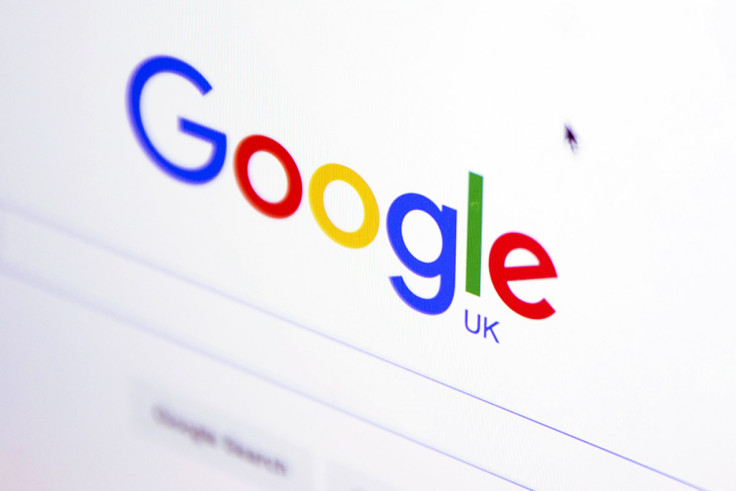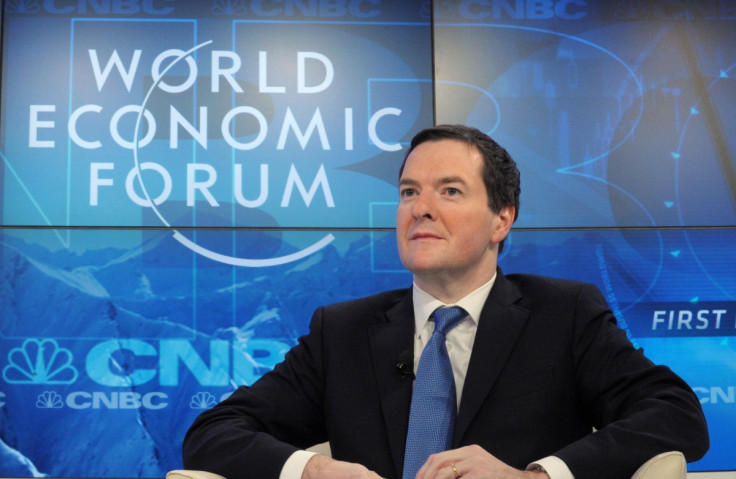UK tax avoidance: HMRC's 'Google-style' deals with other internet giants may never be revealed

The public might never be told about special deals that HM Revenue and Customs strikes with internet giants, it has been reported, as the furore surrounding Google's tax bill deepens.
Whitehall sources have told The Independent that details of the tax affairs of other giants like Facebook, Amazon and LinkedIn are unlikely to be made public because of the confidentiality surrounding such matters.
Meanwhile Shadow Chancellor, John McDonnell, has launched a petition urging the Government to reveal the deal with Google, whose executives regularly met ministers, saying that it was important that HMRC is "fair and transparent".
Mr McDonnell told The Independent: "Taxpayers will be appalled at more potential sweetheart deals. MPs were claiming in the Commons that it looks like George Osborne is giving 'mates' rates' to big business, and this won't stop these allegations."
The controversy over Google's £130m tax bill is likely to deter other big companies from revealing their tax affairs. A BMG Research poll for the London Evening Standard found that 84.5% of people wanted the Chancellor George Osborne to set up a register showing whether multinationals operating in the UK were paying taxes in this country.
But that is being ruled out by the Government on the grounds that it would be hugely complex and would breach the principle of tax confidentiality.

Meanwhile, Italy is set to strike a tougher tax deal with Google than the one secured by Britain as the internet giant is preparing to hand over €150m (£113m) in back taxes to the Italian government, equating to 15% of its €1bn revenues in the country.
The Times reported how Google Italy is estimated to generate about $530m (£369m) in sales a year — less than a tenth of the British amount. Google is estimated to have made about £6bn in profits on UK sales from 2005-15.
The Italian deal came after a year's negotiations with Milan prosecutors. Eugenio Pinto, a professor of business economics at LUISS University in Rome, told the newspaper: "If it is 15%, then it sounds like prosecutors started with a higher figure, including fines and interest, before reducing it during negotiations because the legal framework is not clear. It's not enough."
Whistleblower dubs HMRC Google deal as "trivial"
Meanwhile, a former Google executive who blew the whistle on the company's tax avoidance scheme has described its £130m deal with HMRC as "trivial", criticising HMRC for failing to properly investigate a cache of evidence he gave them about the company's activities.
Barney Jones, who worked for Google between 2002 and 2006, first outlined the company's structure where British profits go through Ireland to the Bermuda tax haven.
He told The Telegraph that during his meetings with HMRC officials, they told him that "it's the politicians that set the taxes, we just apply them. They were absolving responsibility for the fact that they are unable to collect tax from these larger companies.
"I said to them you were the experts for the politicians. You have a responsibility. HMRC have been asleep at the wheel and have let this whole thing grow up without taking strong action and heads should roll."
HM Revenue and Customs (HMRC) has defended the Google deal, with a senior official insisting that it was collecting the "full tax due in law".
Jim Harra, HMRC's head of business tax, told BBC Radio 4's World at One: "We only accept the full amount of tax, interest and penalties that is due, otherwise if we can't reach an agreement on that amount we will go to tribunal. We certainly don't apply any rate of tax other than the statutory rate that Parliament has published."
© Copyright IBTimes 2025. All rights reserved.






















